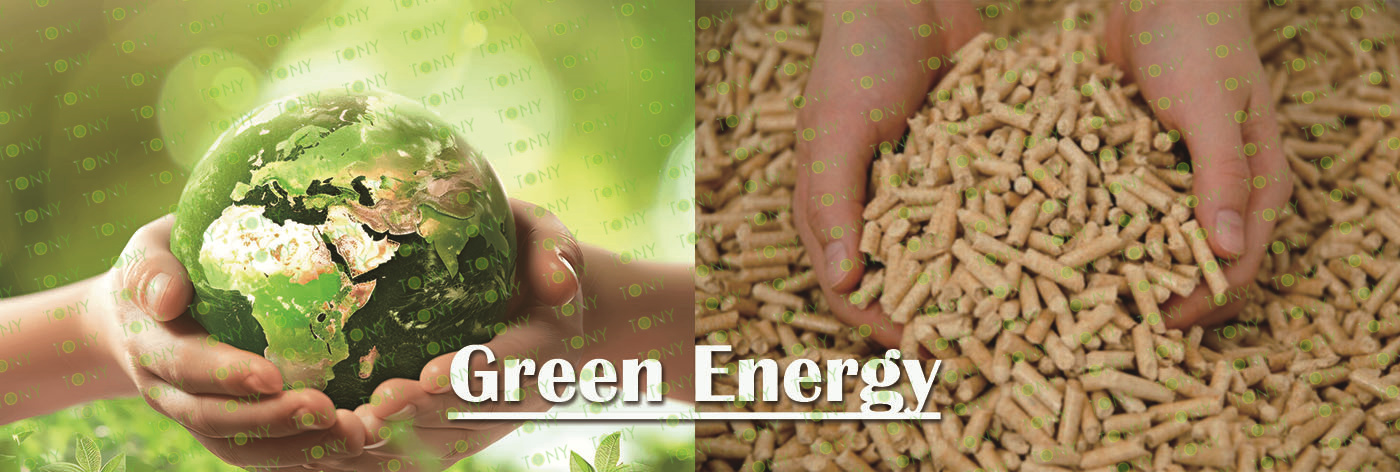Positioning biomass pelletizer as the core link of the "circular economy" industrial chain is essentially because it plays a hub role in the closed loop of agricultural and forestry waste resource utilization, energy production and ecological protection - it not only solves the environmental pain points of upstream waste, but also provides standardized products for downstream clean energy applications, and ultimately promotes the virtuous cycle of "resources-energy-environment". This core position can be specifically analyzed from three dimensions:
Cracking the "negative value" dilemma of agricultural and forestry waste and activate the starting point of the cycle
If agricultural and forestry waste (straw, wood chips, fruit shells, etc.) is not used, it will become a double burden for the ecology and economy:
1. Environmental level:
Around about agricultural and forestry waste is generated every year, and open-air burning leads to haze (straw burning contributes 30%-50% of PM2.5) and soil organic matter loss; accumulation of rot and release methane (the greenhouse effect is 25 times that of CO₂), aggravates climate change.

2. Economic level:
Waste treatment requires investment costs (such as straw removal and landfill costs), which creates "negative benefits" for farmers and enterprises, resulting in insufficient momentum for resource utilization.
The intervention of the pelletizer completely changed this "negative value" attribute:
Through compression molding technology, loose waste is converted into high-density particulate fuel (density 1.1-1.3 tons/cubic meter), changing it from "trash to be processed" to "sellable goods"
Drive the establishment of a waste collection system (such as village-level recycling bins, enterprise contracts and acquisitions), form an industrial chain of "farmers pick up - site concentration - enterprise processing", and enable farmers to profit from "handling burdens"
For farmers: pellet processing brings increased added value of raw materials and increases income;
For enterprises: pelletizers are "heart equipment" for biomass fuel production, which determines product quality and cost and directly affects market competitiveness;
For society: the popularity of pellet machines promotes the closed-loop of carbon cycle of "agricultural and forestry waste - pellet fuel - carbon dioxide - plant growth" to help ecological protection.
It can be said that the pelletizer is a "value activator" for the transformation of waste from "ecological baggage" to "economic resources", providing a starting point for the circular economy.





















